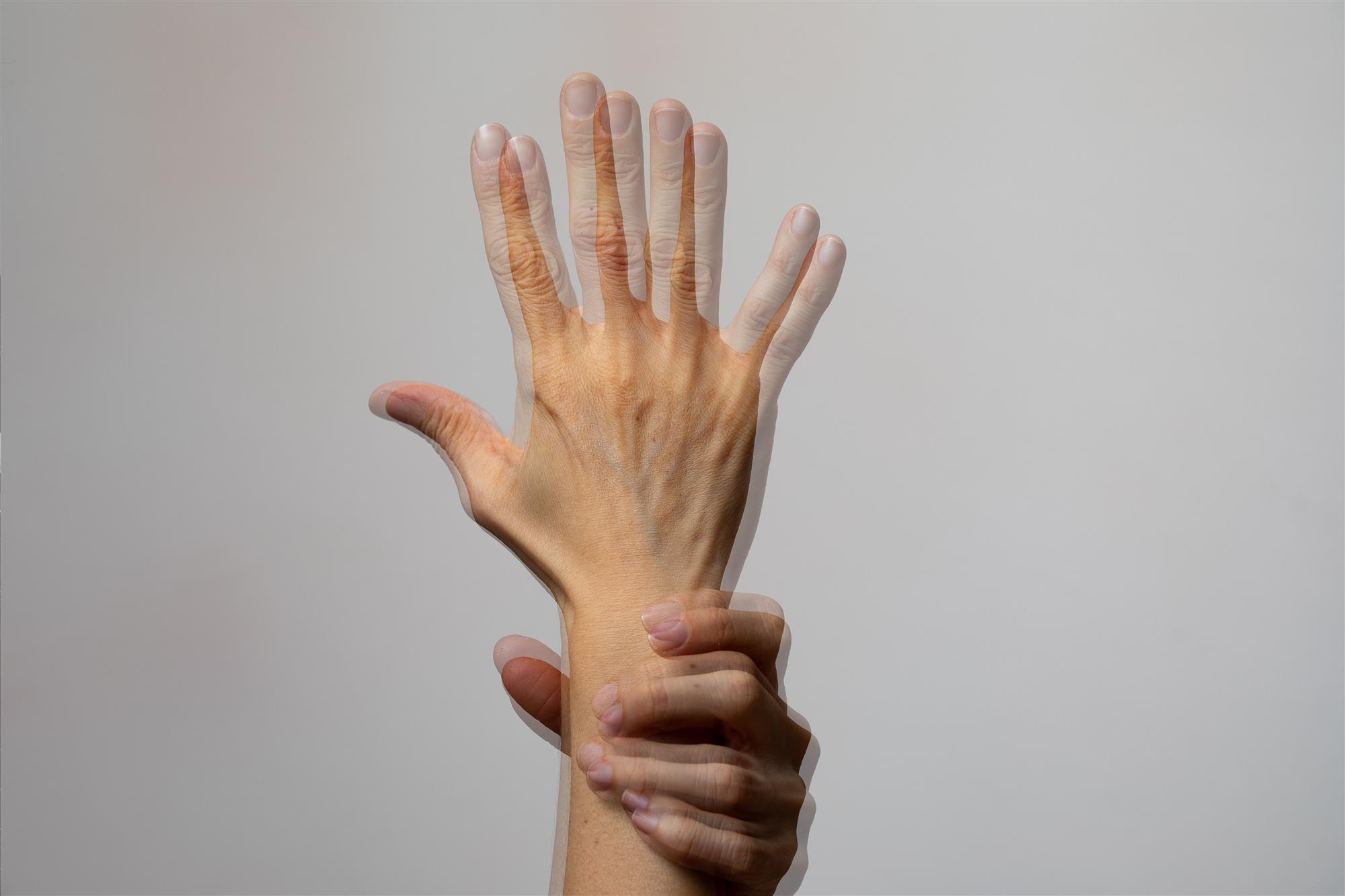Latest News & Events
What is Double Vision (Diplopia)?

Double vision, or Diplopia, is a disruption in your vision that causes you to see multiple images layered on top of one another. It’s similar to watching a 3D movie without glasses or the image you see when you cross your eyes. The problem can be temporary or long-lasting, depending on what’s causing the problem.
What causes double vision (Diplopia)?
Double vision occurs for a variety of reasons. It could be damage to your cornea, obstruction of your lens, or weakness in your muscles. Whatever the reason, the basic mechanism behind your double vision is a misinterpretation of the images that your brain is receiving. Ideally, your brain processes visual information from both eyes and combines them into one clear and concise image. Double vision occurs when there is a disruption of that process.
What are the 3 types of Diplopia?
There are three types of Diplopia or double vision. The difference depends on the way the images present themselves.
- Horizontal Diplopia: When images appear side-by-side.
- Vertical Diplopia: When one image appears slightly higher than the other.
- Monocular Diplopia: When double vision occurs only in one eye.
How is double vision diagnosed?
Diplopia is pretty easy to diagnose. If the patient reports seeing double, that’s all the proof you need. Finding the cause of your double vision requires the expertise of a licensed optometrist. If you’re experiencing double vision, you should contact your eye doctor immediately. They’ll run you through a battery of tests to try to figure out the root of the problem.
How do you treat double vision (Diplopia)?
While there is no permanent cure for double vision, the problem can be treated. When you meet with your eye doctor, they may suggest:
- Opaque contact lenses: These obstruct vision in one eye, making the other eye have to work harder to pick up the slack. This strengthens the weaker eye. Eyepatches also work on the same principle.
- Vision therapy: Working with a vision therapist can help strengthen the muscles in the eye.
- Botox injections: Injecting Botox into the muscles of the stronger eye, helping it to relax so the other eye can catch up.
- Surgery: In rare cases, surgery might be required to regain normal vision.
If you're experiencing double vision, schedule an eye exam with Wisconsin Vision today.